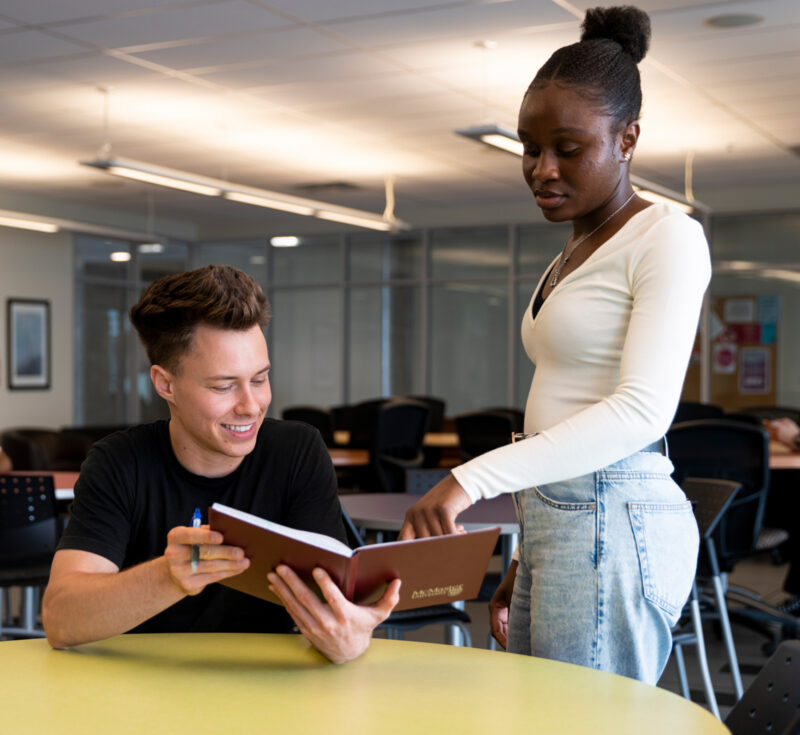General resources
Searching for other resources, such as links to field trip forms, facility services and the Hub? Explore our faculty and staff resources.t
Access the right resources to support your growth
Whether you’re a student preparing for co-op or a faculty member searching for research resources, Fireball Academy has you covered.


